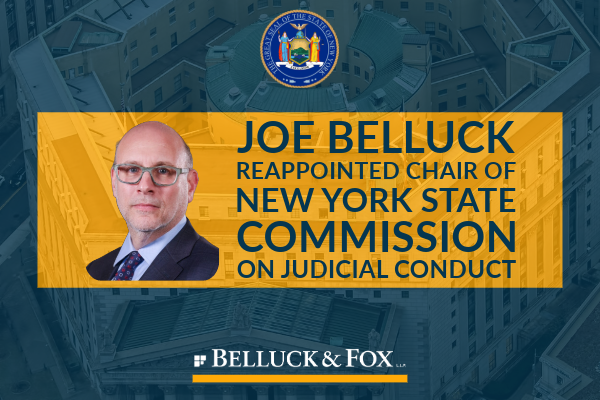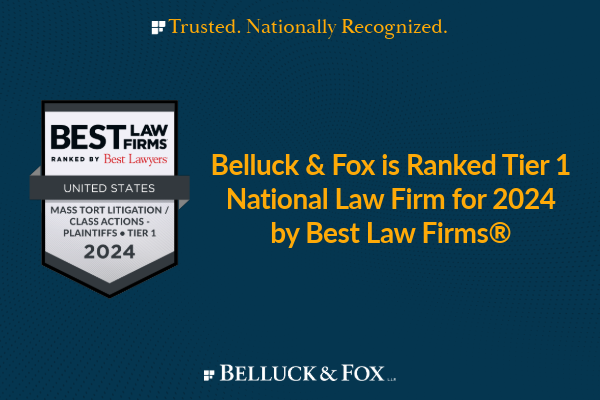Ultimate Guide to Paralegal Ethics & Rules

Ethics is one of the most important aspects of working in the field of law. As a paralegal, you cannot legally practice law. However, you are still bound by the same ethics that bind attorneys.
Here is a guide to the rules and code of ethics for paralegals, breaking down some of the most important to know as a paralegal.
Guide to Becoming a Paralegal
Table of Contents
To become a paralegal, you must already possess ethical behavior. In many states, individuals with felony convictions cannot become paralegals. Many corporations and injury law firms will also refuse to hire a paralegal with a felony conviction, even if the state does not outlaw it. In many cases, this can extend to other types of criminal history and even poor credit scores. This is because some companies see a poor credit score and unpaid bills as a sign of instability or lack of responsibility. Most paralegals will go through a background check. If there is evidence of unethical behavior in a background check, it is unlike the person would get or retain a job as a paralegal.
As a Paralegal
Once you become a paralegal, ethics are even more important.
Here are some of the key areas of ethics you should understand and follow:
Legal Regulations
While primary regulations apply to attorneys, it is still important to understand and follow them. Attorneys are regulated through the judicial system. In many states, gaining membership to the state bar is mandatory to practice law. The American Bar Association (ABA) is a voluntary association, but many attorneys are members. This important body has adopted the Model Rules of Professional Conduct to maintain the standards of attorneys across the nation. These rules of professional conduct should serve as a guide to paralegals and legal assistants when navigating ethical issues.
The most applicable rule to paralegals is Rule 5.3, which defines the responsibilities of attorneys when working with paralegals. Though it does not define the responsibilities of paralegals, it still has important implications for paralegals, and is important to know:
“With respect to a nonlawyer employed or retained by or associated with a lawyer:
 1. A partner, and a lawyer who individually or together with other lawyers possesses comparable managerial authority in a law firm shall make reasonable efforts to ensure that the firm has in effect measures giving reasonable assurance that the person’s conduct is compatible with the professional obligations of the lawyer;
1. A partner, and a lawyer who individually or together with other lawyers possesses comparable managerial authority in a law firm shall make reasonable efforts to ensure that the firm has in effect measures giving reasonable assurance that the person’s conduct is compatible with the professional obligations of the lawyer;
2. A lawyer having direct supervisory authority over the nonlawyer shall make reasonable efforts to ensure that the person’s conduct is compatible with the professional obligations of the lawyer; and
3. A lawyer shall be responsible for conduct of such a person that would be a violation of the Rules of Professional Conduct if engaged in by a lawyer if:
- The lawyer orders or, with the knowledge of the specific conduct, ratifies the conduct involved; or
- The lawyer is a partner or has comparable managerial authority in the law firm in which the person is employed, or has direct supervisory authority over the person, and knows of the conduct at a time when its consequences can be avoided or mitigated but fails to take reasonable remedial action.”
Although not specifically defined, a paralegal is the nonlawyer to which this rule refers. Section (a) simply states that the attorney needs to make reasonable efforts to ensure that your is compatible with his or her professional obligations. Section (b) requires the attorney to supervise and is responsible for the nonlawyer’s conduct. Section (c) states that an attorney is in violation of the Rules of Professional Conduct if he or she orders the unethical conduct, or knows of the unethical conduct and fails to take steps to stop or correct it.
Though the attorney is responsible for your actions as a paralegal, and can end up facing discipline if you act unethically, punishment will fall on you. It is ultimately up to you to act ethically.
When you work as a paralegal, the judicial system, attorneys, the public, and the law expect you to behave ethically. While some decisions are easy to make, such as not doing something if it is illegal, some fall into a “gray area.” Depending on the field and type of work you do, you could find yourself facing client confidentiality, disclosure laws, and legal technicalities. A good guide for navigating these tricky, gray areas is to ask yourself if it violates anything in the attorney’s code of conduct. In addition, you can look to guidance from your paralegal association. If you become part of an association or paralegal network, you can come into contact with others who experience the same dilemmas and can offer sound advice.
If you would like to learn more about the Paralegal profession visit Fremont College. Their website offers a number of resources for those looking for a career as a paralegal.




